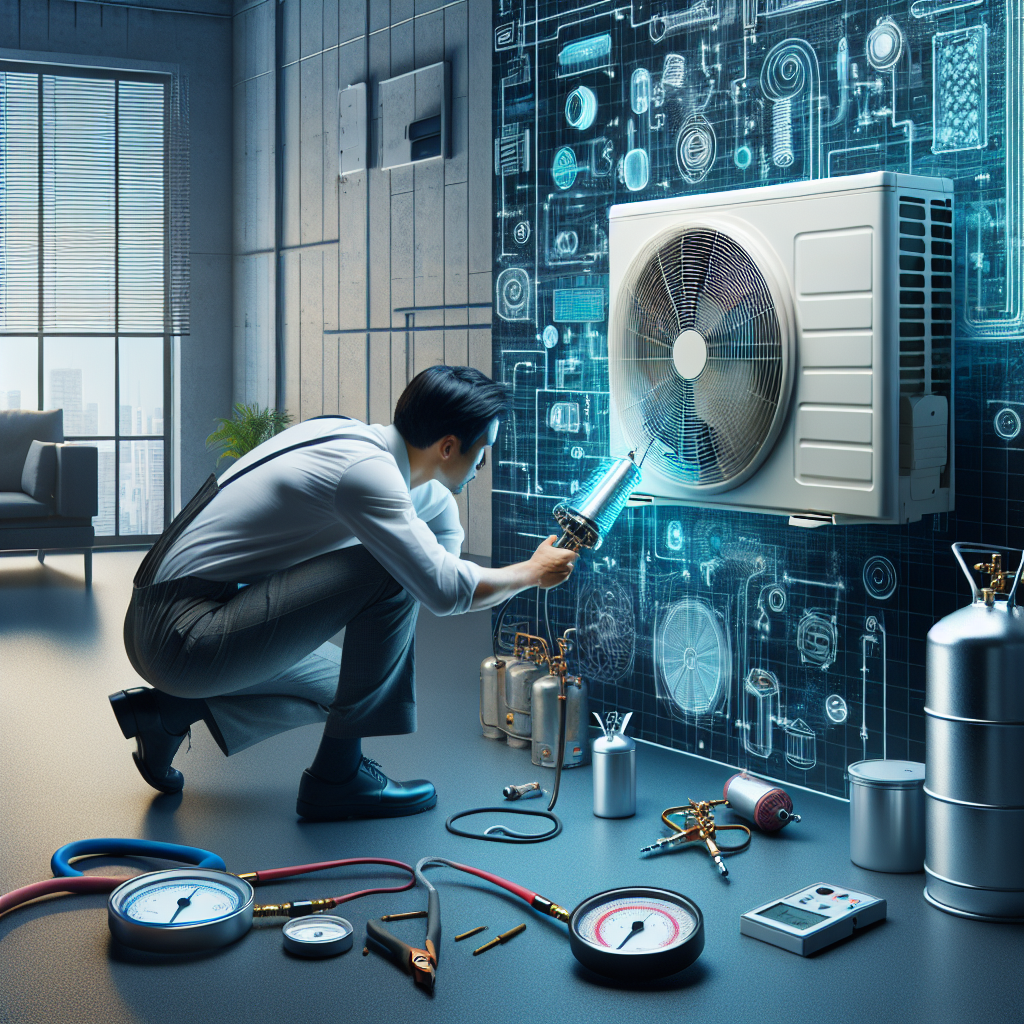How to Know When It’s Time to Replace Your Old Air Conditioning Unit
As the temperatures start to rise, having a reliable air conditioning unit becomes crucial for maintaining a comfortable living environment. However, like all appliances, air conditioning units have a limited lifespan and will eventually need to be replaced. But how do you know when it’s time to say goodbye to your old air conditioning unit and invest in a new one? Here are some signs to look out for:
1. Age of the Unit: The average lifespan of an air conditioning unit is around 10-15 years. If your unit is approaching or exceeding this age range, it may be time to start thinking about replacing it. Older units are more prone to breakdowns and may not be as energy-efficient as newer models.
2. Increased Energy Bills: If you’ve noticed a significant increase in your energy bills without a corresponding increase in usage, it could be a sign that your air conditioning unit is no longer running efficiently. Older units tend to consume more energy, leading to higher utility costs.
3. Frequent Repairs: If you find yourself constantly calling for repairs or experiencing frequent breakdowns, it may be more cost-effective in the long run to replace your air conditioning unit. Constant repairs can add up quickly and may indicate that your unit is reaching the end of its lifespan.
4. Uneven Cooling: If certain rooms in your home are consistently warmer or cooler than others, it could be a sign that your air conditioning unit is struggling to maintain a consistent temperature. This could be due to a variety of factors, including a malfunctioning unit or ductwork issues.
5. Strange Noises or Smells: Unusual noises or odors coming from your air conditioning unit could be a sign of a serious problem. These could indicate issues such as a failing compressor, faulty wiring, or mold growth in the system. If you notice any of these signs, it’s important to have your unit inspected by a professional.
6. Poor Air Quality: If you’ve noticed an increase in dust, pollen, or other allergens in your home, it could be a sign that your air conditioning unit is no longer effectively filtering the air. This can lead to poor indoor air quality and exacerbate respiratory issues.
7. Lack of Cooling Power: If your air conditioning unit is struggling to cool your home, even when running at full capacity, it may be time to replace it. This could be due to a variety of issues, including a refrigerant leak, clogged filters, or a malfunctioning compressor.
In conclusion, knowing when to replace your old air conditioning unit can save you time, money, and discomfort in the long run. If you’ve noticed any of the signs mentioned above, it may be time to start shopping for a new unit. Consult with a professional HVAC technician to assess your current unit and determine the best course of action for your home. Investing in a new, energy-efficient air conditioning unit can provide you with reliable cooling and lower energy bills for years to come.


